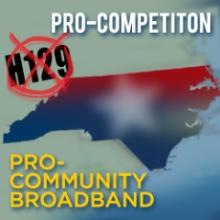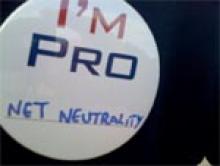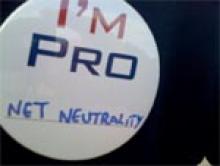I wrote the following synopsis of AT&T's attack on schools and libraries in Wisconsin for SaveTheInternet.com. We are still waiting for the Governor to sign the bill, something that may take another week or longer apparently.
WiscNet is an Internet services co-op that provides Internet access to the vast majority of schools and libraries in Wisconsin, as well as a number of local governments. Because it’s a co-op, it can deliver lower-cost broadband to public entities than they could negotiate on their own. The arrangement between WiscNet schools and governments saves Wisconsin taxpayers millions of dollars each year and offers services that private companies like AT&T won’t provide.
Despite WiscNet’s proven utility throughout the state, AT&T and its incumbent allies (a group called Access Wisconsin) attempted to murder WiscNet in the back alleys of Madison, Wisconsin’s capital. But following a dramatic outpouring of public support for the network, lawmakers compromised and merely placed it on death row.
AT&T dumps millions into Wisconsin politics for a reason — to enact its agenda. When it furtively inserted a few provisions into a budget bill in the 11th hour a few weeks ago, legislators went merrily along without asking any questions.
These provisions would have effectively shut WiscNet down, and they would have required the University of Wisconsin, a premier research institution globally, to withdraw from Internet2 and other research networks. They also would have forced the University of Wisconsin Extension to return federal broadband stimulus grants that had already been used to break ground on projects to improve connections in rural areas with inadequate connections. Returning those grants would have cost $27.7 million over 5 years to the involved communities and killed almost 500 jobs.










